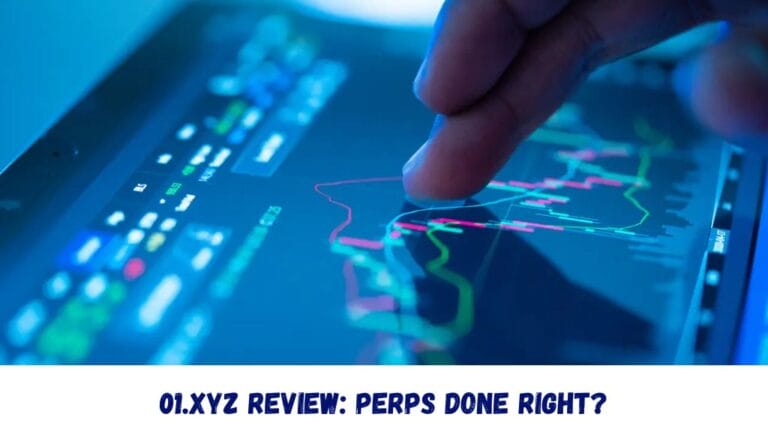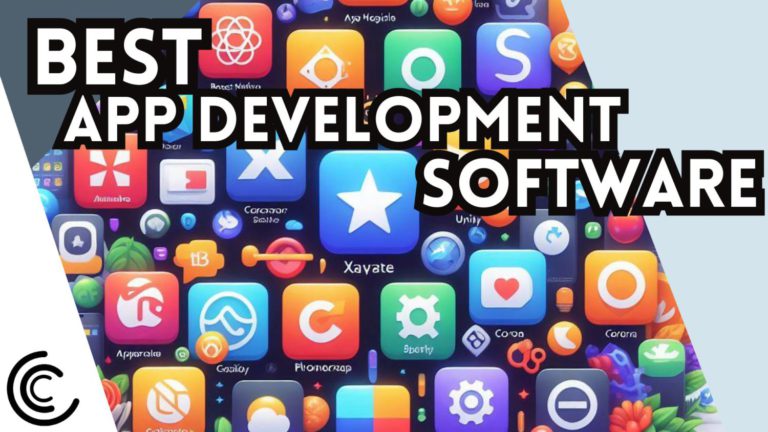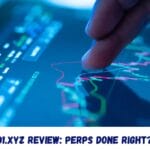Key takeaways:
- Judge Analisa Torres ruled Ripple Labs’ programmatic sales of XRP cryptocurrency did not constitute the offer and sale of investment contracts.
- After a three-year court struggle, the summary judgement might set a precedent for future token classification issues.
In a highly anticipated ruling, Ripple, the blockchain-based payments company, has emerged victorious in its legal battle against the U.S. Securities and Exchange Commission (SEC).
A federal judge has recently delivered a landmark decision, declaring that XRP, the digital asset associated with Ripple, should not be considered a security. This significant judgment not only represents a major milestone for Ripple but also holds broader implications for the entire cryptocurrency industry.
In the recent court ruling on Ripple’s case against the U.S. Securities and Exchange Commission (SEC), the court determined that Ripple’s institutional sales of XRP qualified as an unregistered securities offering. However, the court ruled that programmatic sales on the secondary market did not fall under the category of securities.
The court’s decision was based on an evaluation of the economic reality of programmatic sales. It concluded that the third prong of the Howey Test, which examines the expectation of profits derived from the efforts of others, was not met in this case.
The court noted that the public buyers in these sales were not aware of the statements and marketing campaigns linking XRP’s price performance to Ripple’s performance, thus undermining the securities classification.
On the other hand, the court determined that sales offered to institutional buyers did qualify as an offer and sale of an investment contract.
These buyers were considered “sophisticated” enough to understand the connection between XRP’s price and Ripple’s performance, satisfying the requirements of the Howey Test.
The judge granted part of the SEC’s motion concerning $728 million in institutional sales, out of Ripple’s total XRP sales of $1.4 billion at the time of the SEC’s lawsuit in December 2020.
In a detailed analysis, the judge concluded that the SEC did not have to prove that Ripple co-founder Chris Larsen and CEO Brad Garlinghouse were aware of the alleged illegal activities conducted by Ripple.
The judge’s ruling indicated that based on the disputed facts presented, it could be reasonably argued that Larsen and Garlinghouse were not aware of or recklessly disregarded Ripple’s violations of Section 5.
In response to the ruling, Garlinghouse expressed confidence, tweeting, “we were on the right side of the law, and will be on the right side of history.”









